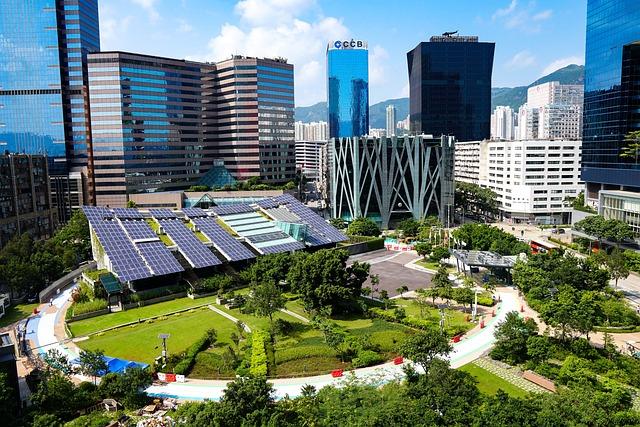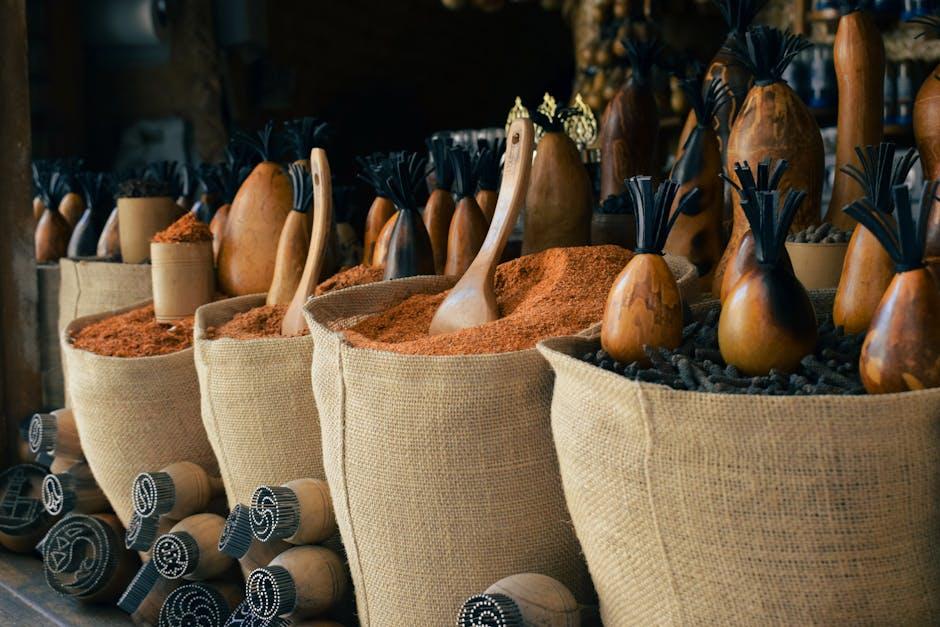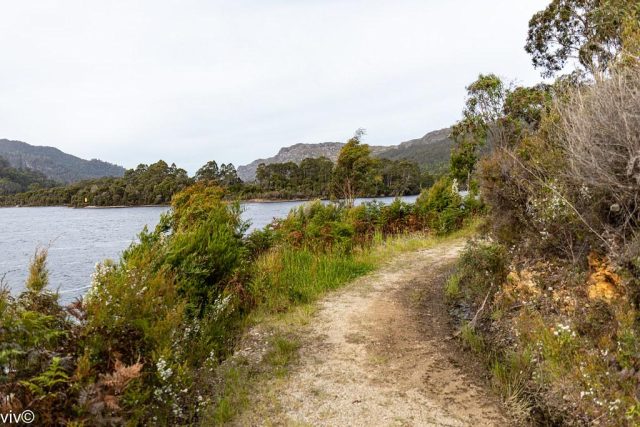In the bustling crossroads of global exploration and cultural curiosity lies a complex and often contentious relationship between cultural tourism and indigenous communities. As travelers venture beyond well-trodden paths in search of authentic experiences, they encounter vibrant traditions and age-old practices that offer a window into the world’s diverse cultural tapestry. Yet, beneath this surface of mutual exchange and appreciation, questions linger about the potential exploitation of these indigenous groups. Are these encounters truly symbiotic, or do they risk commodifying sacred traditions for the fleeting satisfaction of the tourist gaze? This article delves into the nuanced interplay between cultural tourism and indigenous communities, exploring the delicate balance between preservation and exploitation, and pondering whether the bridge between worlds is built on mutual respect or precarious foundations.
Balancing Act: Navigating Cultural Appreciation and Exploitation
In the realm of cultural tourism, the line between appreciation and exploitation can often blur. Indigenous communities, with their rich histories and vibrant traditions, offer an allure to travelers seeking authentic experiences. However, the very act of sharing these cultural treasures raises crucial questions. Is the exposure fostering a deeper understanding and respect, or does it risk commodifying and diluting the essence of these traditions?
To navigate this delicate balance, several considerations come into play:
- Authentic Representation: Are the cultural narratives being told by the community members themselves, or are they filtered through external perspectives?
- Economic Impact: Does tourism bring genuine economic benefits to the indigenous communities, or does it primarily enrich outside entities?
- Consent and Control: Are communities actively involved in decision-making processes regarding how their culture is shared and presented?
By reflecting on these elements, travelers and industry stakeholders alike can contribute to a form of tourism that honors and uplifts the very communities it seeks to celebrate.

Voices from the Ground: Indigenous Perspectives on Tourism
Indigenous communities across the globe are raising their voices to share their perspectives on the impact of cultural tourism. While some view it as a vehicle for economic development and cultural preservation, others see it as a form of exploitation. At the heart of this discussion lies the question of who truly benefits from the influx of tourists seeking to experience indigenous traditions. The challenges faced by these communities often include:
- Loss of cultural authenticity as traditions are modified to cater to tourists.
- Economic disparities where the financial gains from tourism do not reach the community members.
- Environmental degradation caused by increased foot traffic and infrastructure development.
On the other hand, there are potential benefits that some communities have managed to harness:
- Increased awareness and appreciation of indigenous cultures worldwide.
- Opportunities for cultural exchange and learning.
- Empowerment through community-driven tourism initiatives.
Striking a balance between preserving cultural integrity and reaping economic benefits is crucial. Indigenous voices are essential in crafting tourism models that respect and empower their communities, ensuring that tourism becomes a tool for sustainability rather than exploitation.

Building Bridges: Strategies for Sustainable Cultural Tourism
In the pursuit of fostering sustainable cultural tourism, it’s essential to implement strategies that ensure the preservation and respect of indigenous communities and their traditions. This involves engaging these communities in the planning and decision-making processes, allowing them to have a voice and stake in how their culture is represented. Key strategies include:
- Collaborative Partnerships: Establish partnerships between tourism operators and indigenous groups to create experiences that are both authentic and respectful.
- Education and Awareness: Educate tourists on the cultural significance and historical context of the communities they visit, promoting respect and understanding.
- Economic Benefits: Ensure that financial benefits from tourism activities are fairly distributed and contribute to the well-being of indigenous communities.
By adopting these strategies, cultural tourism can evolve into a platform that not only celebrates the rich tapestry of indigenous cultures but also safeguards their legacy for future generations.

Empowering Communities: Recommendations for Ethical Engagement
Engaging with indigenous communities through cultural tourism can be a deeply enriching experience for both visitors and locals. However, to ensure that these interactions are respectful and beneficial, it’s crucial to adopt ethical practices. Prioritize genuine relationships over transactional exchanges by spending time understanding the community’s history, values, and traditions. This approach fosters mutual respect and avoids reducing rich cultures to mere tourist attractions.
Consider the following recommendations to ethically engage with indigenous communities:
- Seek Permission: Always request consent from community leaders before visiting sacred sites or participating in cultural events.
- Support Local Economies: Choose to purchase goods and services directly from community members to ensure financial benefits remain within the community.
- Educate Yourself: Learn about the community’s culture, language, and customs to show respect and appreciation for their way of life.
- Promote Sustainability: Engage in environmentally friendly practices to protect the natural resources that many indigenous cultures rely upon.
By adhering to these guidelines, travelers can contribute to a form of tourism that empowers rather than exploits, nurturing a relationship that is respectful, sustainable, and mutually beneficial.
Future Outlook
As we navigate the intricate dance between cultural tourism and the preservation of indigenous communities, it becomes increasingly clear that the path forward requires a delicate balance. The allure of experiencing authentic traditions and unique ways of life is undeniable, yet it calls for a mindful approach that honors the very essence of the cultures we seek to explore. By fostering genuine partnerships, promoting sustainable practices, and prioritizing the voices of indigenous peoples, we can transform cultural tourism from a potential threat into a powerful tool for empowerment and mutual understanding. In this ever-evolving dialogue, let us remember that the true journey lies not just in the destinations we visit, but in the respect and empathy we carry with us along the way.


































